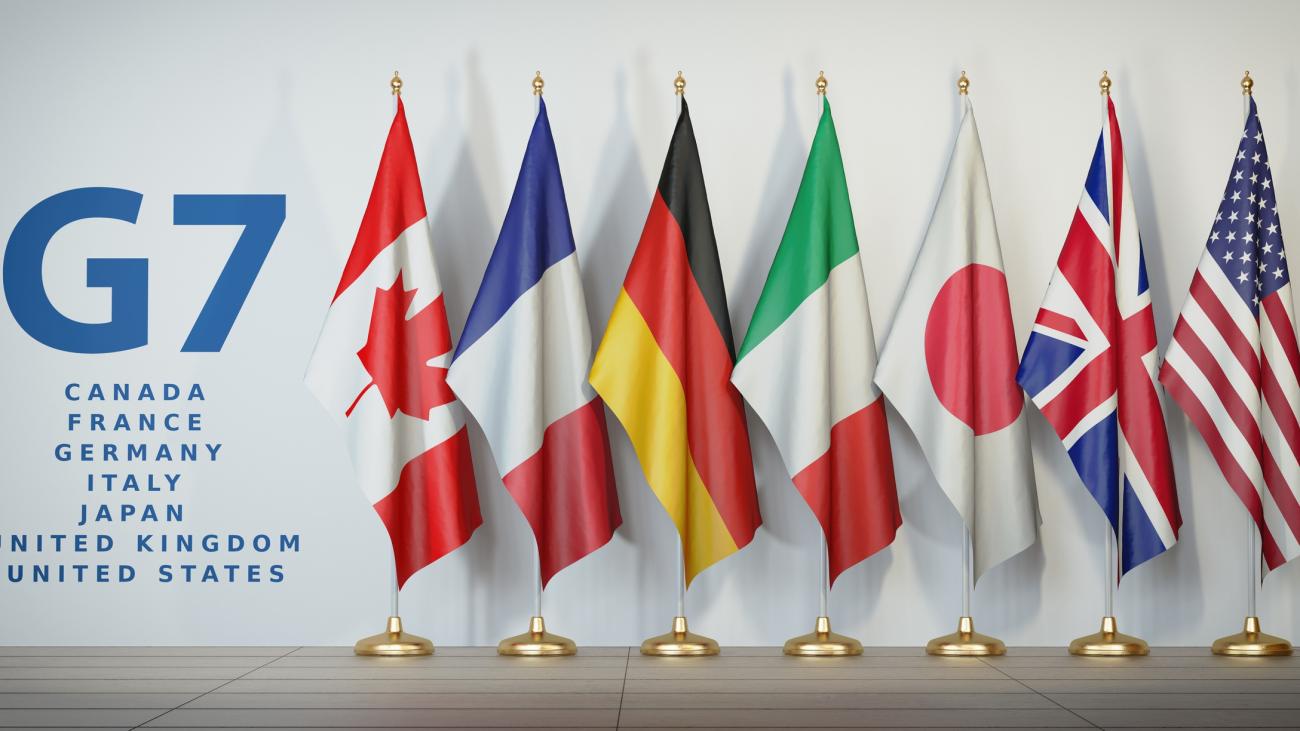The Cornish seaside is home to some of Britain’s most beautiful beaches, it is championed for the Cornish pasty and attracts convoys of southbound tourists looking for an escape to summer delights like Rodda’s clotted cream, Rick‘s fish and chips and the rolling surf of its Atlantic tides. However, Cornwall will also be host to the G7 this June, marking a momentous return of multilateralism in a time of deep global challenges like climate change, the future of globalisation and the recovery from the coronavirus pandemic. Additionally, the UK has invited Australia, India, South Africa and South Korea as part of an effort in diluting its US- European weighting. This will be a historic occasion, marking the first time G7 + Australia, South Korea, South Africa and India have convened since the start of the pandemic and will present the platform for the Biden administration to exercise its leadership on global issues. So far there has been a new agreement on a minimum corporation tax rate of 15%, putting pressure on the G20 group to adopt the same agreement in Venice next month. This tax reform affects multinational companies and will gravitate tax receipts to the locations where profits are made. In light of this, St Ives may find itself known for a lot more than ice cream and picturesque beaches, it could well be grouped with Bretton Woods, Osnabrück, Versailles and Tilsit in the pages of history.
The agreement on corporation tax marks the start of a new period of renewed multilateralism and coordination between nation-states. The agreement composes of two pillars; the first allows countries to impose taxation on 20% of profits exceeding a 10% margin (essentially meaning companies will have to pay more taxes in countries they operate in) and the second pillar installs the minimum global tax rate at 15%. This deal is imperfect but signals the direction the ball is heading. For starters, the deal could increase global corporation tax by USD 50-80 billion a year (OCED 2021), which is especially attractive to penny stretched governments damaged from the exponential increases in government spending since the start of the pandemic. Additionally, the deal has fenced off further unilateral action from individual countries levying independent digital taxes. However, it must be noted that the UK, Italy, France and Canada have all announced that they will continue to maintain the development of their digital taxes until Washington ratify pillar one of the agreements. Just as the US is uncomfortable with the impact this will have on digital heavyweights like Google, Amazon and Apple, the UK is also twitching at the impact this could have on its cherished financial institutions. Despite this, the deal does seem to go some way in levelling up the playing field and plugging the ‘race to the bottom’. The strongest aspect of the deal is that it has got the cogs in motion and has gained significant momentum ready for the G20 next month. In truth, the G7 is much less significant than it used to be, in the 1970s the group represented 80% of world GDP, this is now down to 40% (FT 2021). All in all, this points to the fact that for this agreement to act as a true turning point it will need to win over big players of the G20 like China, Russia, Brazil etc. This is also consistent with other global issues which will need international coordination and cooperation like Climate Change and vaccinating developing countries, both of which are keen issues at this week’s G7 summit. Therefore, for this G7 to be truly historic and revive the spirit of multilateralism in international diplomacy, it will need to lay the foundations for successful global cooperation at the G20.
It would seem that the political desire for multilateral agreements on a broad agenda of global issues has arrived. International summits have always been a platform for national leaders to showcase their credentials, new administrations to signal their intentions and for global leaders to come together in agreement. This G7 summit is already historic, partly by nature of it taking place after a global pandemic but also because of the Biden administration’s desire to engage with the international community. What will make the summit memorable though is if it can place the foundations for a successful G20 next month. Alas, this week Cornwall will be elevated to the world’s gaze as some of the most influential leaders bump elbows along its pristine coastline, signalling the return of multilateralism and renewed zeal in global cooperation.
Heni Willmott,
Content Manager

